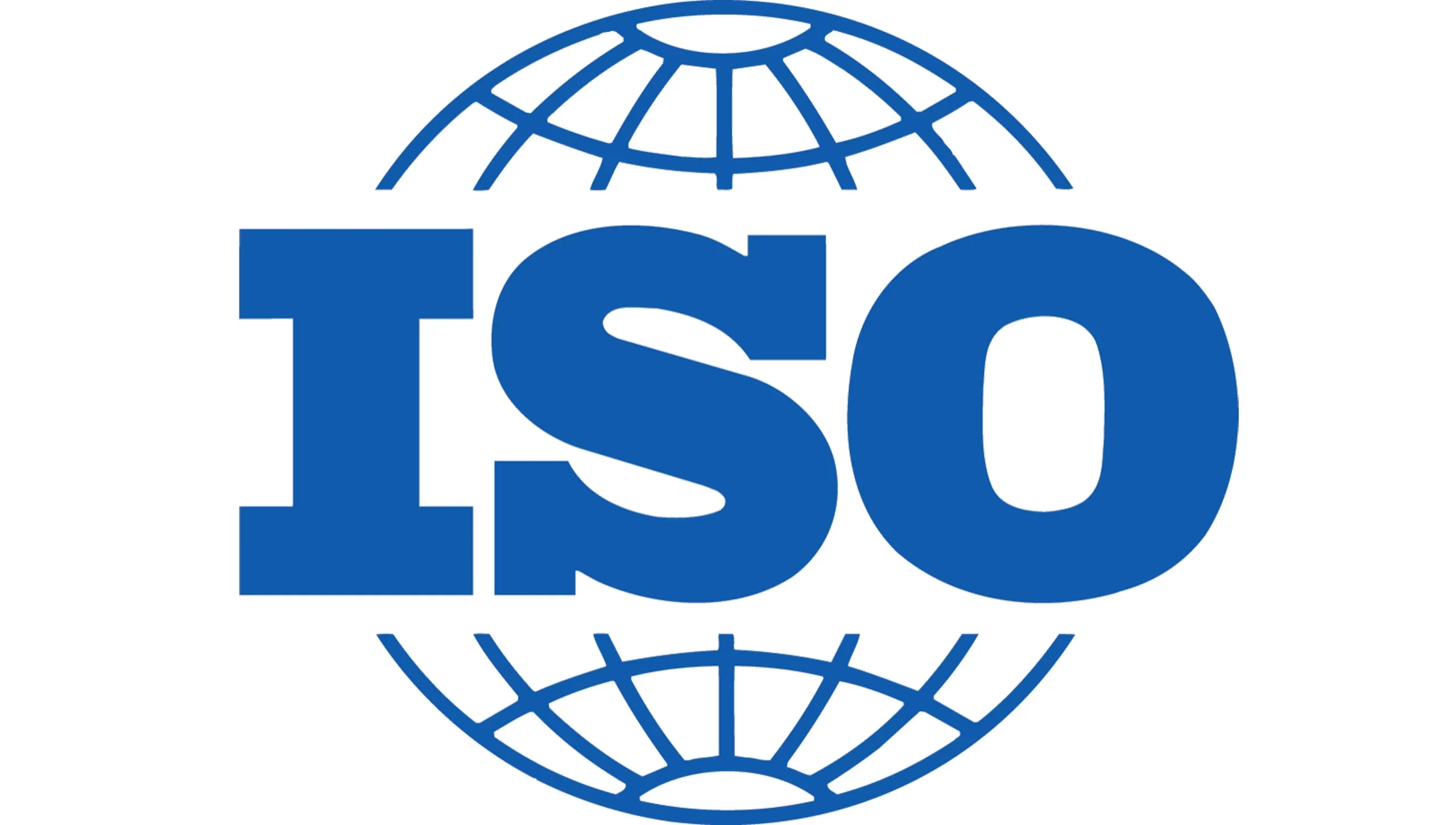ISO (International Organization for Standardization) is an independent, non-governmental organization headquartered in Geneva, Switzerland, that develops international standards to ensure the quality, safety, efficiency, and sustainability of products, services, and systems.
Founded in 1947, ISO brings together experts from different countries who collaborate to establish international technical standards in virtually every industry: manufacturing, technology, agriculture, healthcare, the environment, tourism, and more.


They are voluntary, but their compliance is often required in tenders or contracts.
They apply to public and private organizations, regardless of their size or sector.
In Peru, the entity responsible for promoting and certifying these standards is the National Quality Institute (INACAL). Many Peruvian companies, especially in sectors such as mining, agribusiness, tourism, manufacturing, and export, adopt ISO standards to improve their competitiveness, comply with legal requirements, and access international markets.


ISO 9001 is an international standard that establishes the requirements for a Quality Management System (QMS). Its purpose is to ensure that an organization can offer products or services that consistently meet customer and applicable regulatory requirements, while promoting continual improvement.
Customer focus
Leadership
People Engagement
Process approach
Continuous improvement
Evidence-Based Decision-Making
Relationship Management
In Peru, many organizations—from hospitals, municipalities, universities, to large industries—have adopted ISO 9001 to strengthen customer trust and comply with national and international requirements. For example, in tourism, an ISO 9001-certified travel agency can demonstrate that it offers reliable and well-managed services, which is key to attracting international tourists.
Improves operational efficiency.
Increases customer satisfaction.
Reduces errors, costs, and rework.
Increases competitiveness and reputation.
Facilitates access to international markets.
ISO 14001 is an international standard focused on establishing an Environmental Management System (EMS). This standard helps organizations to manage their environmental responsibilities systematically, in order to contribute to sustainable development, minimize negative impacts, and comply with current environmental legislation.
Identify and manage environmental aspects (emissions, waste, resource consumption, etc.).
Comply with national and international environmental legislation.
Promote pollution prevention and the efficient use of resources.
Involve employees and stakeholders in a culture of environmental responsibility.


Peru is a country with great natural wealth and biodiversity, which implies great environmental responsibility for its companies. The implementation of ISO 14001 is especially relevant in sectors such as:
Mining
Agribusiness
Construction
Energy
Sustainable tourism
Improve your public image and commitment to the environment.
Reduce legal and environmental risks.
Optimize resource use and reduce costs.
Open up opportunities in sustainable and “green” markets.
Furthermore, ISO 14001 compliance can help Peruvian organizations align with the Sustainable Development Goals (SDGs) and obtain national environmental licenses or certifications required by the Ministry of the Environment (MINAM) or SENACE.
| Norm | Focus | Main benefits | Application in Peru |
|---|---|---|---|
| ISO (Organization) | Development of international standards | Improving quality, safety, and sustainability | Promoted by INACAL |
| ISO 9001 | Quality Management System | Customer satisfaction, efficiency, continuous improvement | Tourism, health, education, export |
| ISO 14001 | Environmental Management System | Environmental protection, resource efficiency, legal compliance | Mining, agribusiness, construction, tourism |